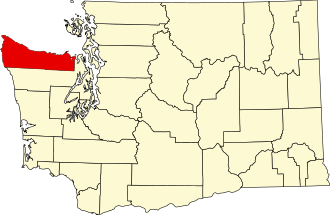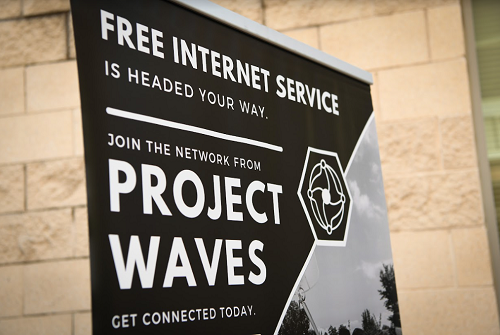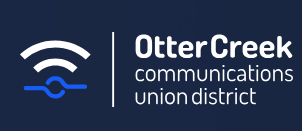Clallam County, WA Launches $22 Million Fiber Expansion Plan
Clallam County, Washington and Astound Broadband have begun construction on a major new joint partnership that will bring affordable fiber access to more than 1,500 homes across the largely rural Northwestern part of The Evergreen State.
In a joint announcement, Astound states that it will be deploying more than 100 miles of fiber across long-neglected Clallam County, starting with a 15-mile deployment along the State Route 112 Highway corridor, beginning just west of Port Angeles.
The deployment is a joint collaboration between The Public Utility District (PUD) No. 1 of Clallam County, Astound Broadband, and the Northwest Open Access Network (NOANet), a nonprofit coalition developed by regional Washington Communications Utility Districts (CUD) to bring more reliable, affordable fiber access to neglected rural Washington communities.

Clallam county uses the NOANet fiber optic system for real-time metering, energy management, load control, and networking among remote utility facilities, though they’re keen to leverage the open access network to help provide last mile residential service.
The new $22 million fiber investment is being funded by a combination of a $16 million grant from the the Washington State Broadband Office made possible by the American Rescue Project Act (ARPA), $4.5 million from the Washington State Department of Commerce Public Works Board Broadband Program, and $1.7 million in funding from Clallam County.
The expansion will provide last mile fiber access to at least 1,500 new local residents, but will also prioritize bringing fiber to fire houses, schools, libraries, medical clinics, and other key anchor institutions in the county of 78,000.
















